You walk west on Ermou Street, past the brand name stores and through the throngs, and circle around the wonder that is the Panagía Kapnikarea Church: the famous sunken church, the base of which sits a couple of feet below street level.
A few feet on, turn left on Christopoulou and there, on the right, is the other Kapnikarea: a small tavern with as much outdoor seating as indoor, a high wooden wall covered with posters, and below them, more likely than not, a group of musicians, hard at play.
Whenever Laura and I go to Athens, a search for good music is on the schedule and by good music I mostly mean rebetiko. Whatever else we find, we make regular visits to Kapnikarea, the tavern.

I don’t remember how we found Kapnikarea, whether we were guided to it or stumbled across it, but it has become an Athenian favourite and a place we recommend to friends.
It’s different from what you’d think of as a typical rebetiko hangout. On weekends, you’re as likely to find musicians performing in mid-afternoon as you are late night. In fact, there isn’t really a late-at-night here: it shuts down around midnight, a time when the music has just gotten started at some taverns.
You’re not likely to see anyone really famous here, although a dozen years ago, we did see Fotis Vergopoulos, a wonderful bouzouki player and singer, and a veritable encyclopedia of rebetiko songs, there. Despite their lack of fame, the singers and players are quite good and the music is just fine, thank you. On any given evening, you might see a rebetiko duo or trio, a group of music students playing demotika (folk music) or even, according to their Facebook page, a surf rock band.
It’s the rebetiko – and occasionally a folk band – that keeps bringing us back. It’s possible to sit at Kapnikarea for a couple or three hours, occasionally ordering another small plate of food (which ranges from the traditional to Greek fries), another drink (the house retsina is good) and enjoy some fine old rebetiko music, played with respect and a sense of fun. The audience is made up of a few of us tourists, some locals who often turn out to be friends of whomever is playing and will often sing along, and a surprising number of 20-somethings who seem to know all the words to songs that are almost a century old, and that have been known to break into dance in the narrow street beside the tavern.

I’ve never seen anyone actually sitting in the turquoise-walled interior of Kapnikarea. Everyone is at tables set up outside on the entryway, either directly in front of where the musicians play, or against the wall across the very narrow street. Seating capacity grows when the neighbouring business (I seem to recall it’s a hairdressing salon) closes for the evening, and more tables are added, but it’s not a big crowd.
We have spent some fine times there, including an evening visit with our friend Yiannis Fyssas, also visiting from Vancouver and a fine musician himself, when the trio of rebetiko players were happy to have Yiannis sing along with them.
There’s a lot of rebetiko music in this area of Athens. After all, it’s on the edges of the Plaka and down the street from the row of restaurants on the other side of Monastaraki Square. We’ve heard good music at some of those restaurants, when there weren’t too many tourists around and when the band figured out we were there because we were enthusiastic about hearing good rebetiko music. On the other hand, we once walked along the street outside the row of cafes: in the five where musicians were playing, two were playing the theme from Zorba.
Kapnikarea feels different, though. Although there usually are a few tourists here – including us – it feels more local, less aimed at providing a “rebetiko experience” for the visitors thronging nearby streets, and a little more aimed at providing a neighbourly place to go for some food, a drink or two, and some fine music.
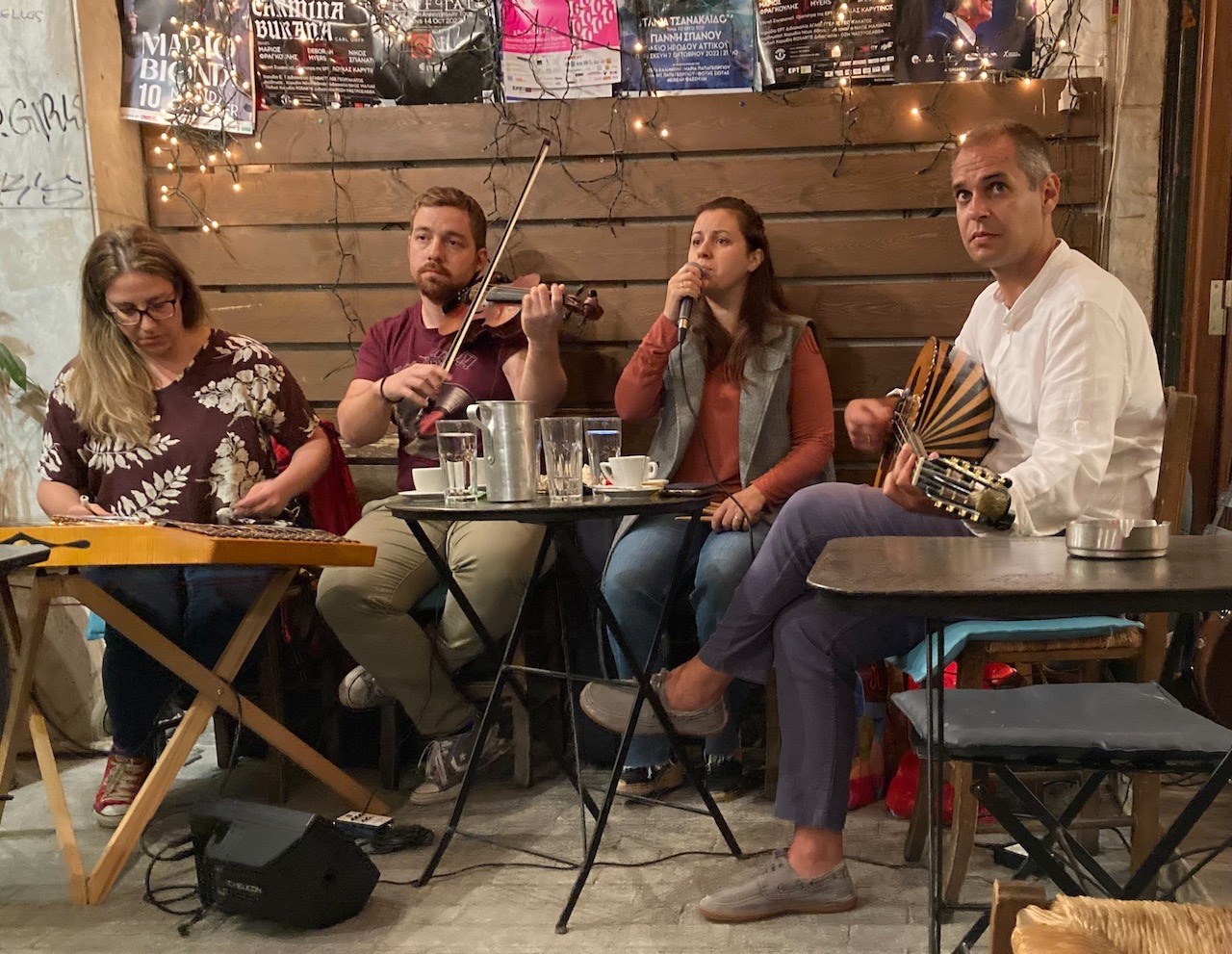
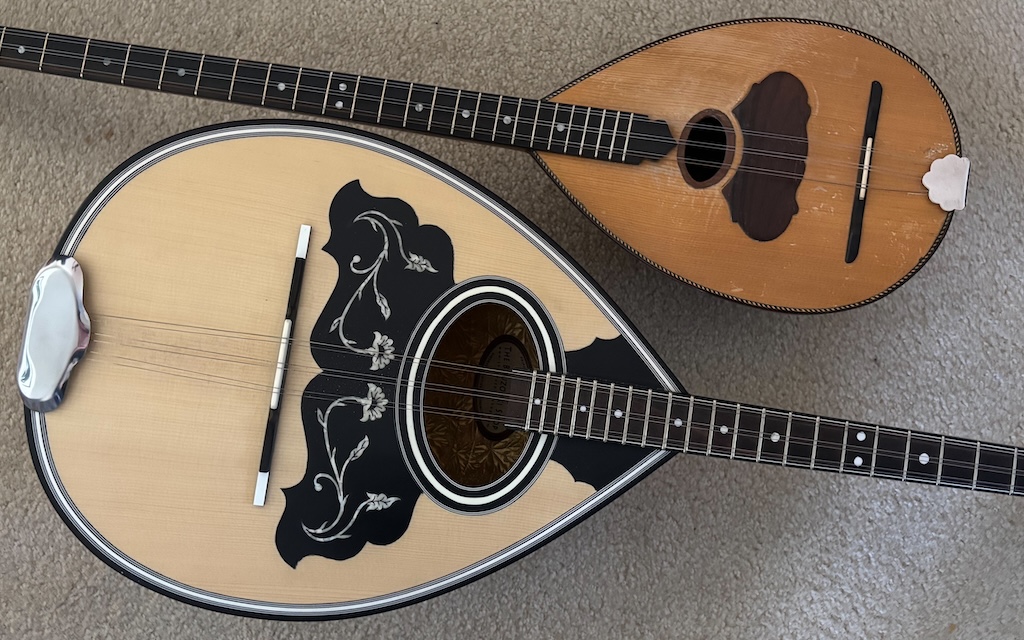
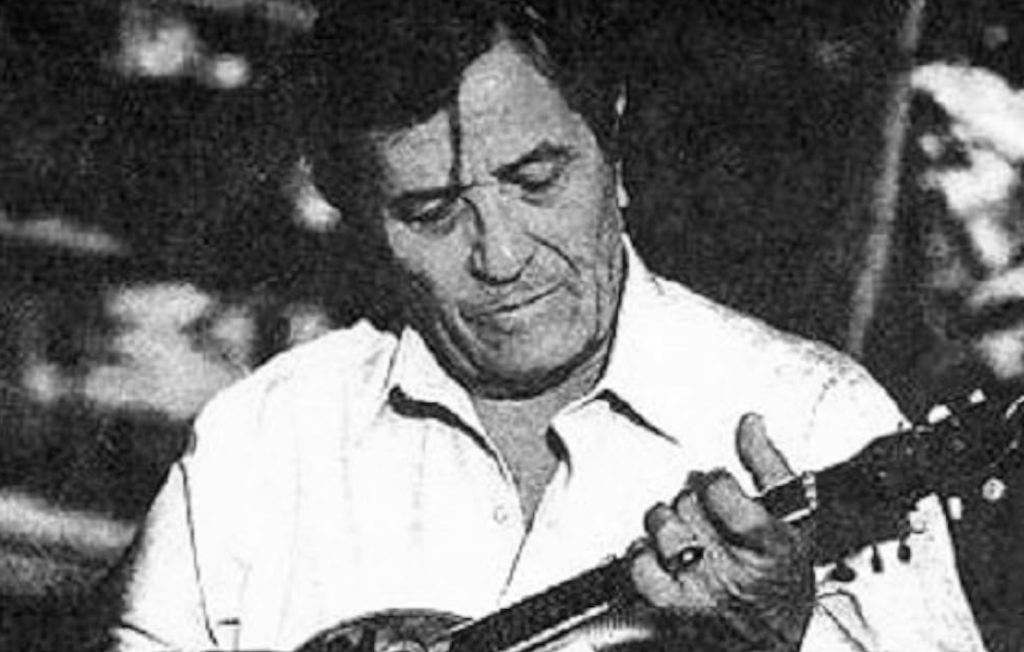
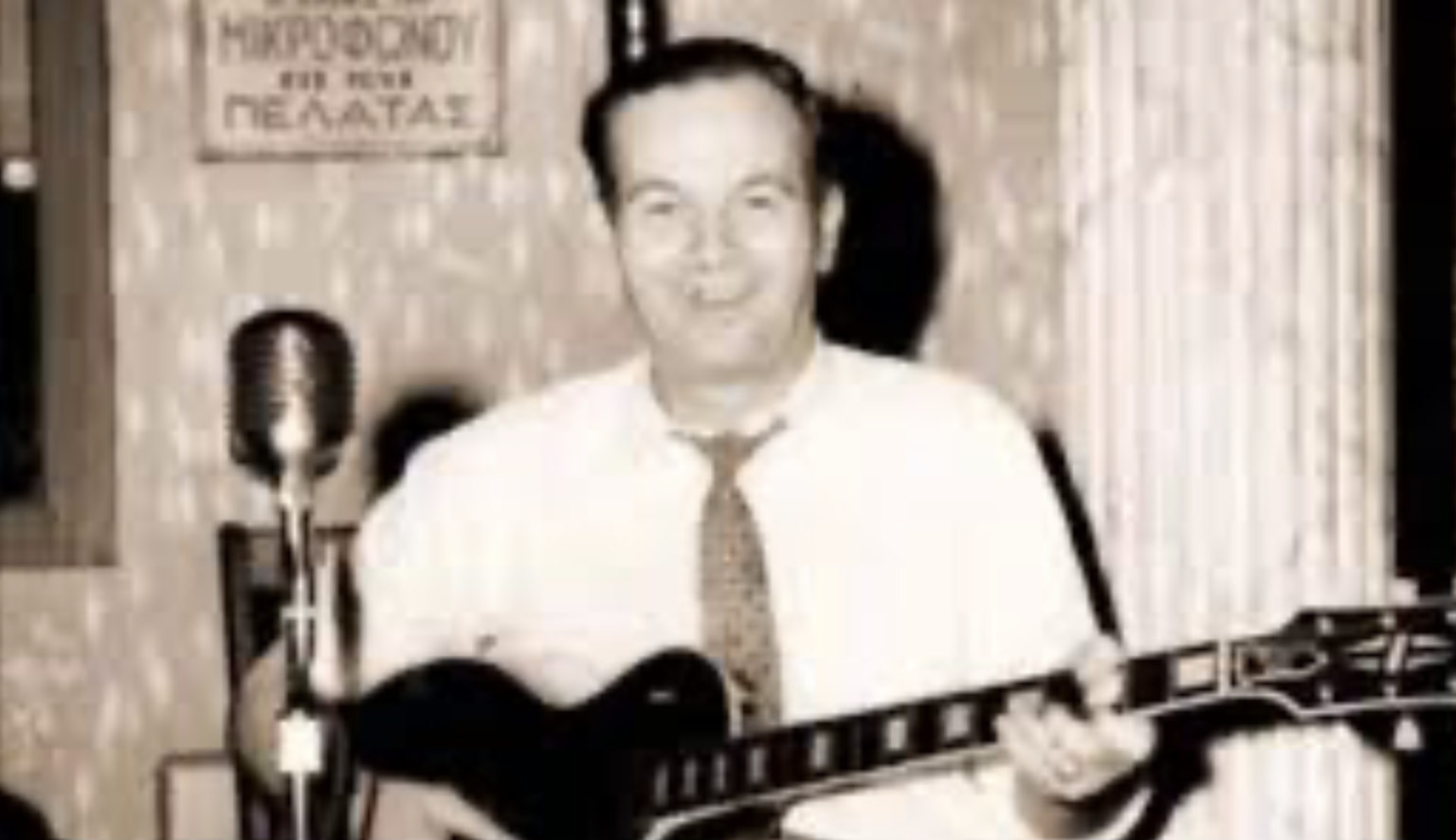
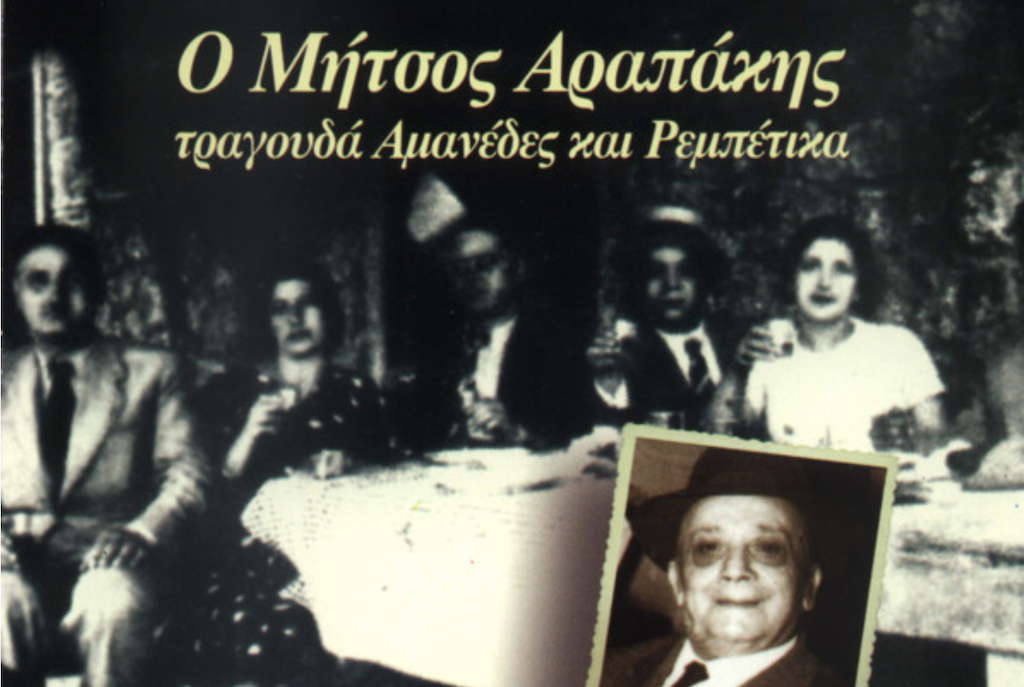
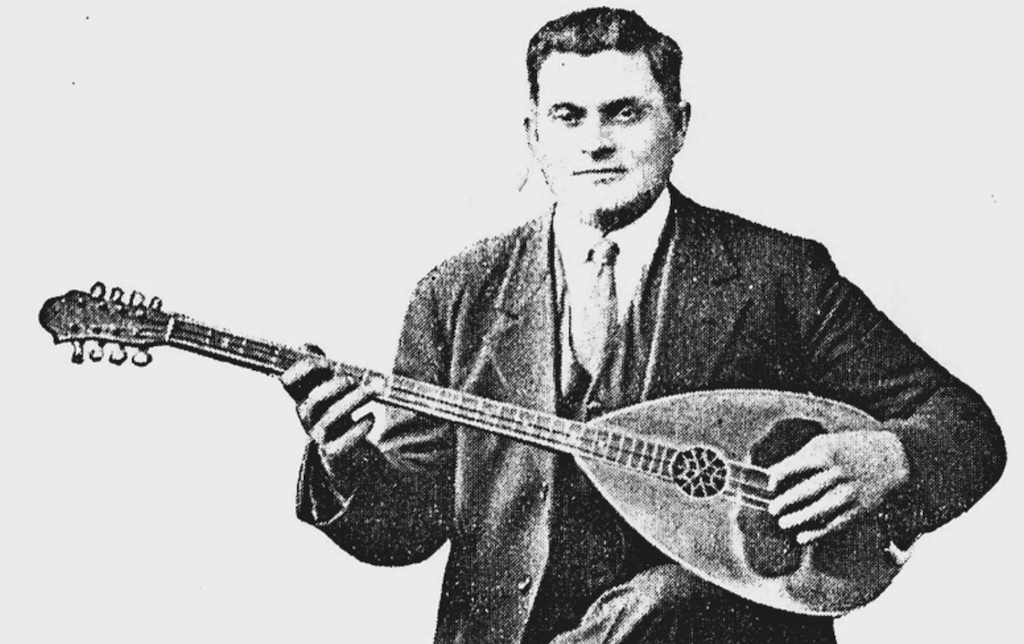
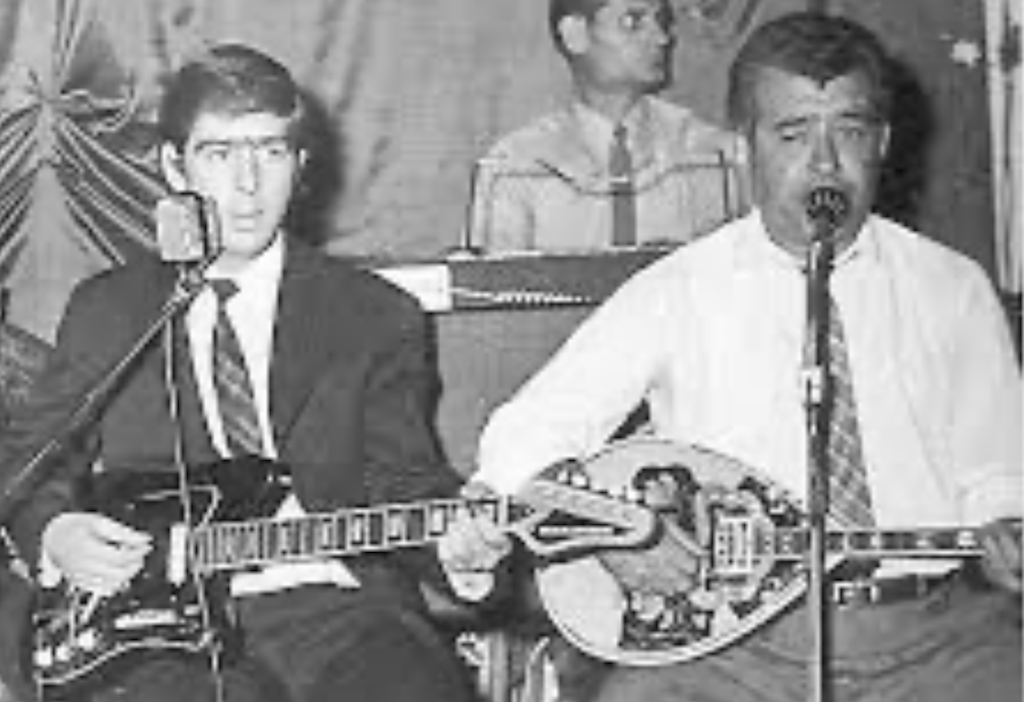
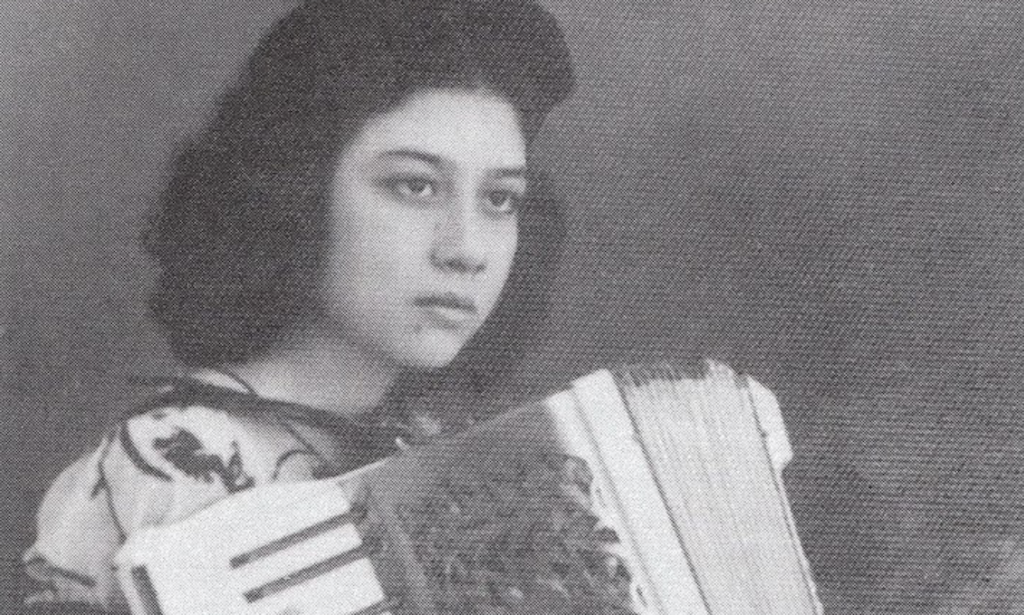
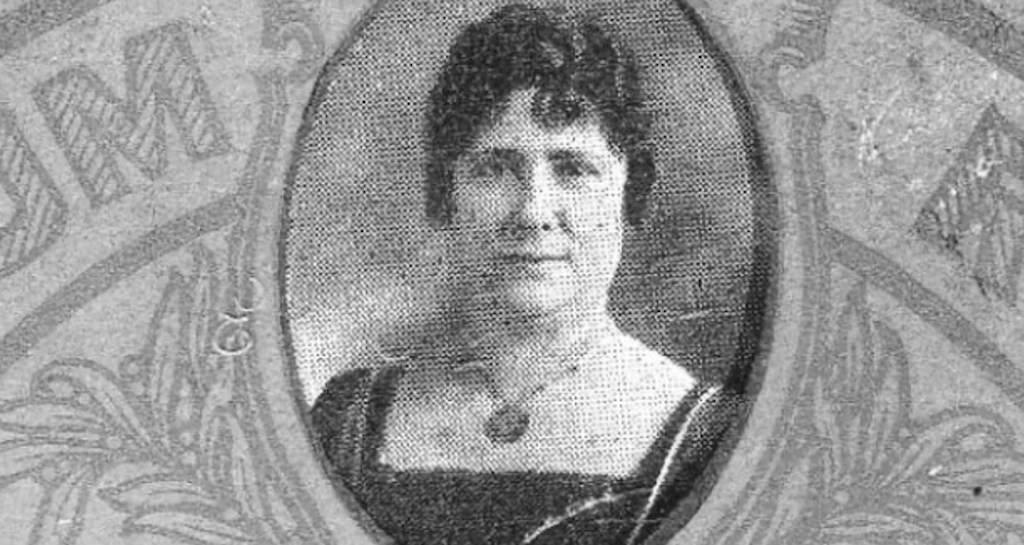

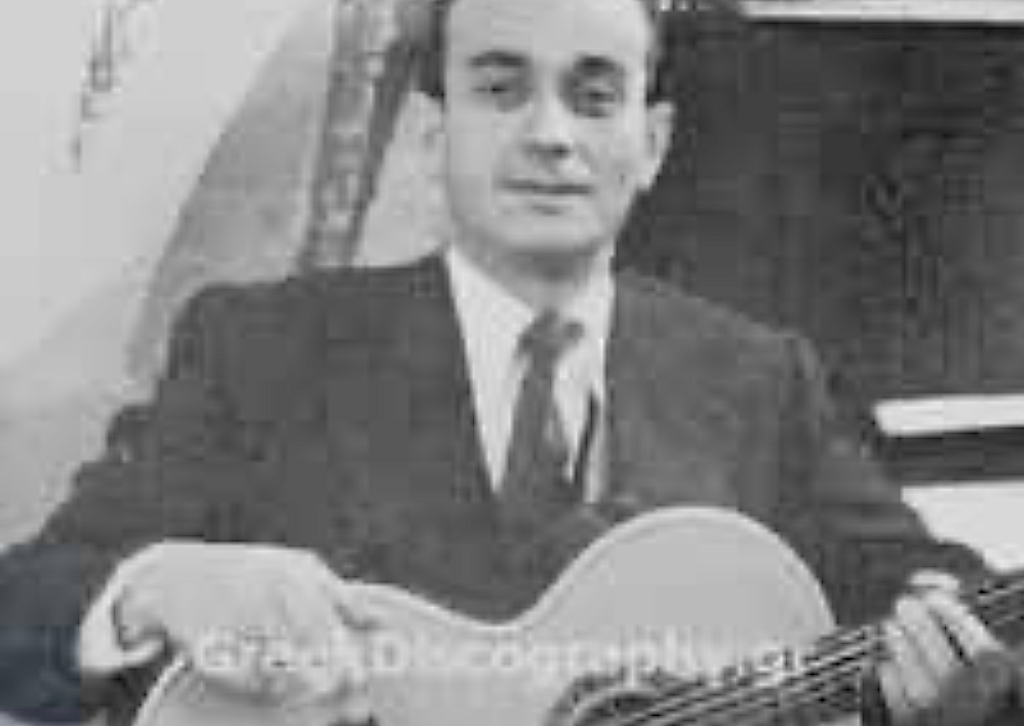
Leave a Reply